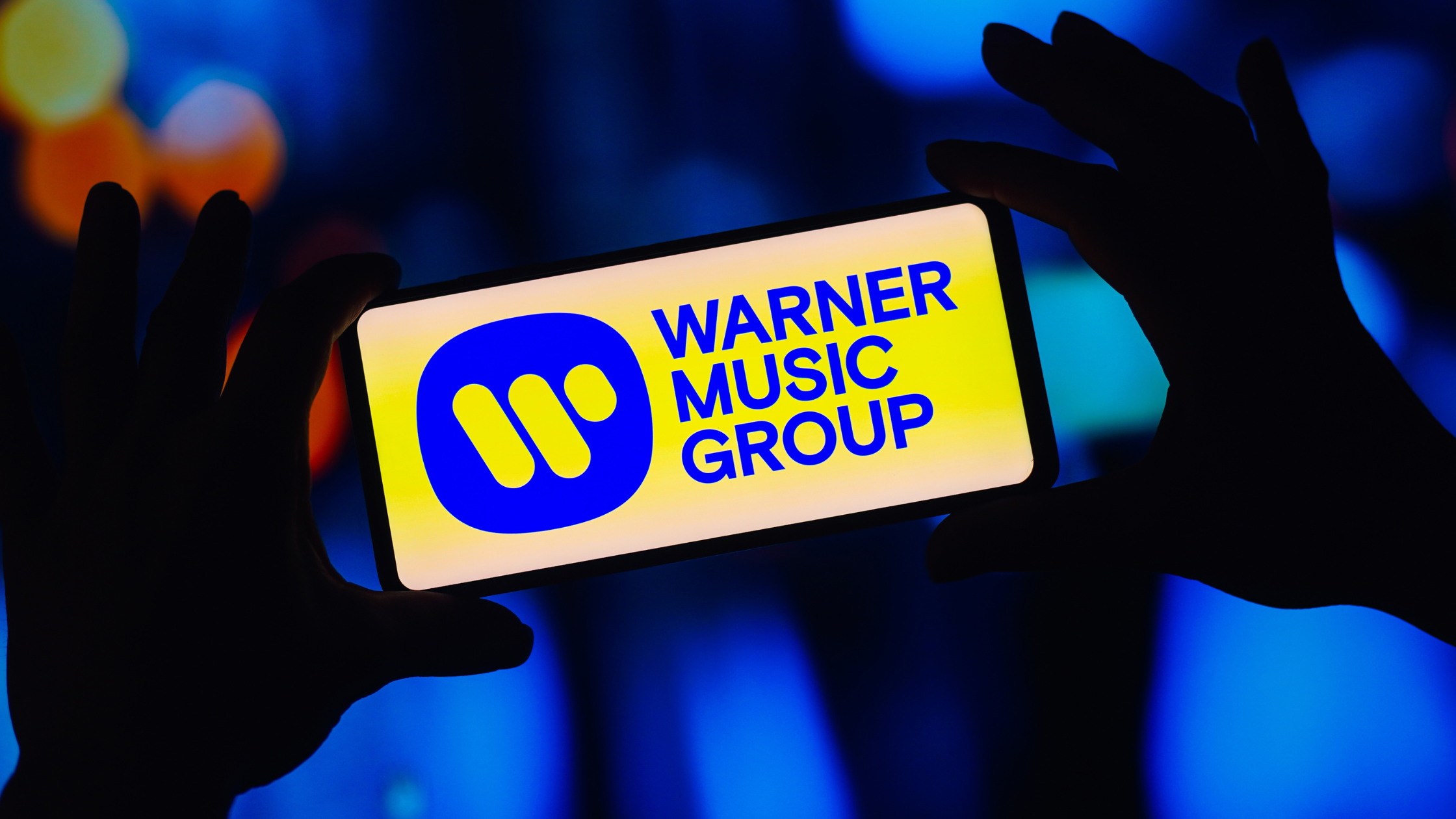Warner Music has announced its figures for the last quarter and the last financial year, to the end of 30 Sep 2023. It had quarterly revenues of $1.58 billion and brought in $6.03 billion for the full year, the first time the company has booked more than $6 billion in annual revenues, and a notable milestone for the smallest of the majors.
In the quarter up to 30 Sep, Universal Music and Sony Music respectively reported quarterly revenues of €2.75 billion and ¥408.7 billion - which adjusted to US dollars comes in at $2.99 billion and $2.83 billion respectively.
This means, in total, in the three months from 1 Jul 2023 to 30 Sep 2023, the three majors brought in just shy of $7.5 billion between them. Projected forward this would suggest the three companies could book more than $30 billion in combined revenues in the twelve months through to 30 Jun 2024.
Warner Music boss Robert Kyncl also made some interesting comments about the music rights market alongside the financials. Of particular note were his remarks on four topics. Three of those - his thoughts on physical music products, streaming revenues and opportunities for growth - we cover in more detail here.
The fourth and perhaps most significant topic covered saw Kyncl make unambiguous statements about the opportunities and challenges presented by artificial intelligence. Responding to a question from JPMorgan analyst Sebastiano Petti, Kyncl drew a comparison between AI and the file-sharing debacle of the early 2000s.
Making specific reference to Warner’s partnership with Google Deepmind and YouTube’s music AI experiments, he said: “Imagine if the file-sharing companies had come to the music industry and said ‘Would you like to experiment with this new tool that we built and see how we can work together?’”
Old timers might argue that some file-sharing companies did just that and were told to fuck off. But Kyncl is nevertheless optimistic about the potential of those companies seeking to develop AI tools in partnership with the music industry. “This is the first time that a large platform at a massive scale that has new tools at its disposal is proactively reaching out to its partners to test and learn”, he mused.
However, the “opportunity to develop a great blueprint” for AI, he went on, is reliant on various constituent parts: licensing content for training and keeping records of inputs so that provenance can be tracked, as well as control, attribution and monetisation of generative AI music products. And creator rights beyond copyright must also be respected.
“We are working hard to make sure that regulation around AI respects the creative industries and music industry specifically”, he confirmed. “From our standpoint, licensing for training is required” and it’s important that “name, image, likeness and voice is afforded the same protection as copyright”.
Read more:



